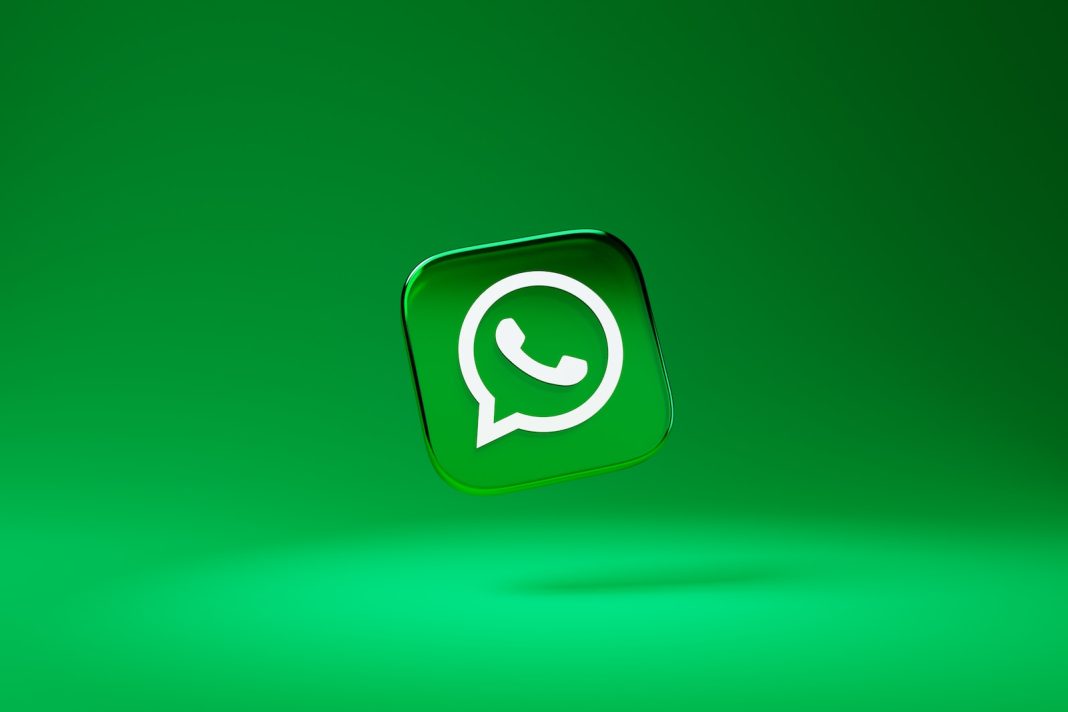In a bid to fortify its cybersecurity stance, France has recently implemented a sweeping ban on the use of popular communication applications WhatsApp, Telegram, and Signal by its ministers and their teams. The decision, grounded in concerns over purported security vulnerabilities, has ignited a controversy with Signal’s president expressing reservations and dismissing the claims as “dangerously misleading.”
As revealed by a memo dated November 22, these widely-used digital communication tools were flagged for “not devoid of security flaws.” Prime Minister Élisabeth Borne promptly issued directives for ministers to transition to alternative French applications, purportedly deemed more secure.
Signal, known for its commitment to user privacy, found itself in the crosshairs of the ban. The Signal president expressed concern, stating on November 30, “The French PM is mandating ministers use a small French messaging app. OK. But, I’m alarmed that the claim of ‘security flaws’ in Signal (et al) is not backed by any evidence, and is dangerously misleading.”
Despite the lack of evidence supporting the alleged security flaws, the French government stands firm on its decision to migrate ministers away from the prohibited apps. The deadline for compliance is set for December 8, 2023.
Signal, an independently audited and open-source platform, has consistently championed user privacy. The company, the first of its kind to integrate quantum-level encryption protection, is on the verge of eliminating phone numbers in a bid to enhance privacy. The Signal president, renowned for staunch advocacy against Big Tech’s surveillance practices, has criticized governments for attempting to curtail encryption to exert control over citizens.
In response to the ban, the Signal president emphasized the lack of evidence supporting the French government’s claims, stating, “This claim is not backed by any evidence and is dangerously misleading, especially coming from governments.”
French ministers and government employees are directed to replace the now-prohibited apps with two approved French alternatives: Olvid and Tchap. Olvid is an encrypted instant messaging app certified by France’s cybersecurity agency ANSSI, encrypting both messages and metadata. The digital minister confirmed his team’s use of Olvid since July 2022, endorsing it as “the world’s most secure instant messaging system.”
Tchap, another French-developed application, offers secure messaging and collaboration features and has been available since 2019. The government’s move to promote these locally developed apps raises questions about whether security concerns are a pretext to boost the adoption of French-made applications. The Signal president, however, contends that the core issue lies in the potential spread of misinformation.
“If you want to use a French product, go for it! But don’t spread misinformation in the process,” the Signal president urged.
As France takes this bold step to fortify its digital defences, the global debate on privacy, encryption, and national technology adoption continues to unfold. The implications of this decision extend beyond the confines of national borders, resonating with the broader discourse on technology, security, and the right to privacy.


